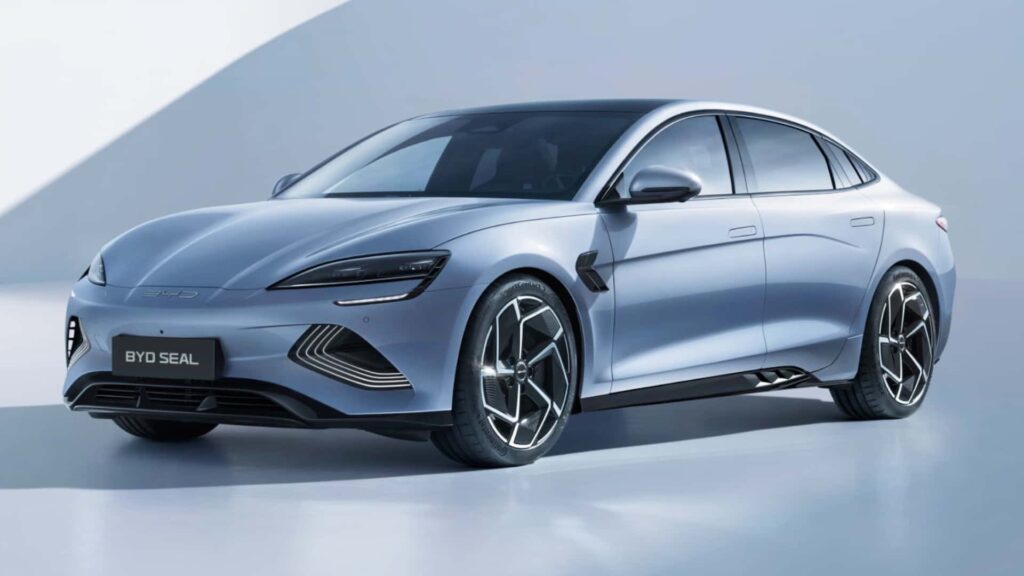China’s automotive industry is facing a new scandal involving “zero-mileage” cars appearing on the used car market. Regulators have raised concerns about Chinese automakers, including BYD, potentially exploiting a loophole to boost sales figures by selling new cars to dealers, who then take advantage of EV subsidies and sell them as used cars at lower prices.
Imagine walking into a used car dealership only to find rows of brand-new electric vehicles (EVs) with no miles on the odometer, plastic still on the seats, and that unmistakable new car smell. It’s a puzzling sight – are you really at a used car lot?
This phenomenon of zero-mileage used cars has caught the attention of Chinese regulators, prompting an investigation into automakers like BYD and Dongfeng. Reports from Reuters indicate that these cars, despite being technically new, are being funneled into the used car market, raising suspicions of subsidy fraud.
The process allegedly involves automakers selling cars to dealers on paper, registering them to take advantage of government incentives, and then quietly circulating them as used cars. While this practice may not be illegal per se, it raises concerns about the misuse of subsidies and market manipulation.
Great Wall Motors CEO, Wei Jianjun, likened the situation to the oversaturation in the Chinese EV market, drawing parallels to Evergrande Group in the property sector. It’s estimated that around 4,000 car dealers are involved in this zero-mileage scheme, potentially inflating sales figures and market dominance for certain players.
Chinese regulators have summoned automakers, industry associations, and online sales platforms to address these concerns and ensure transparency in the market. The Ministry of Commerce is keen on investigating any potential malpractice and safeguarding fair competition.
This issue sheds light on the challenges facing the Chinese automotive industry, with intense competition, pressure for growth, and the need to maintain market sustainability. The influx of zero-mileage used cars reflects a broader problem within the industry, signaling the urgency for regulatory oversight and ethical business practices.
As consumers may benefit from lower prices on these seemingly new cars, the underlying issues of market integrity and fair competition must be addressed to ensure a level playing field for all stakeholders. The outcome of the regulatory inquiry will likely have implications for the future of the Chinese automotive market and the enforcement of industry standards.

